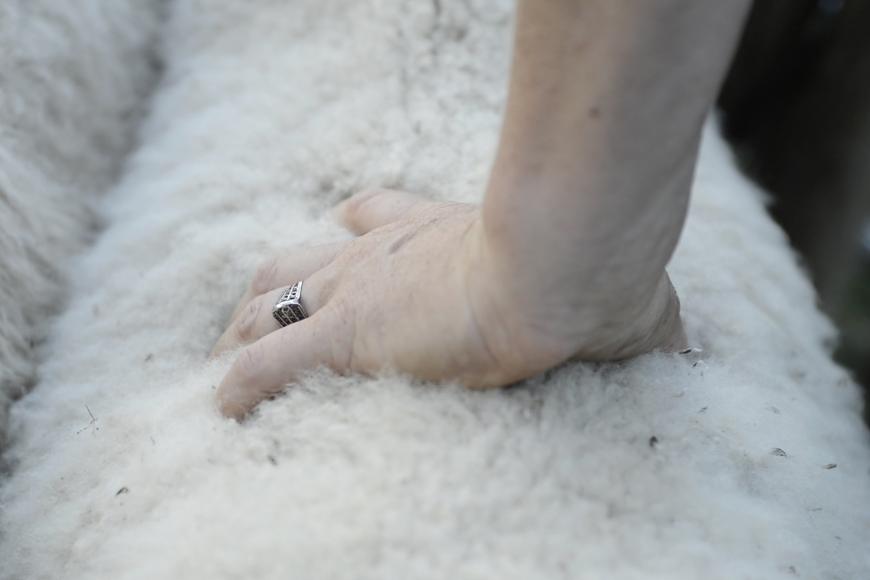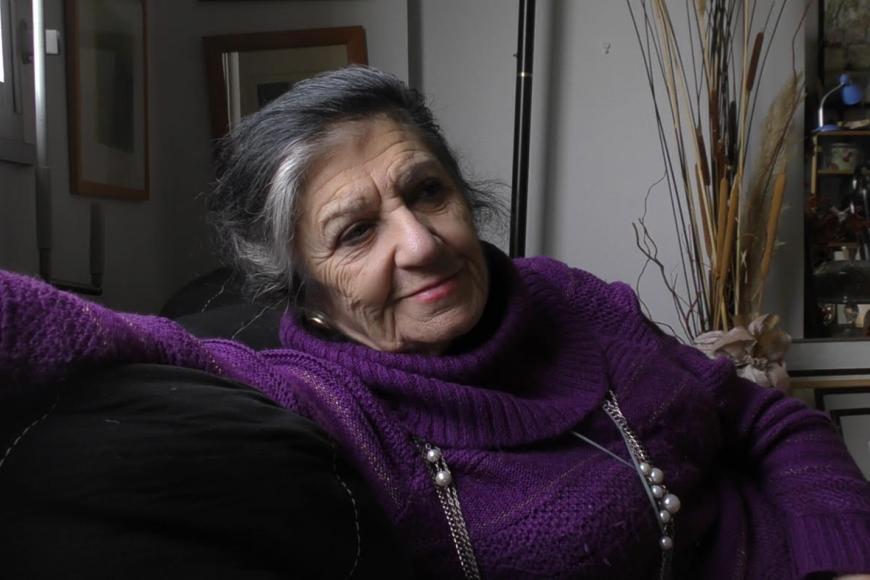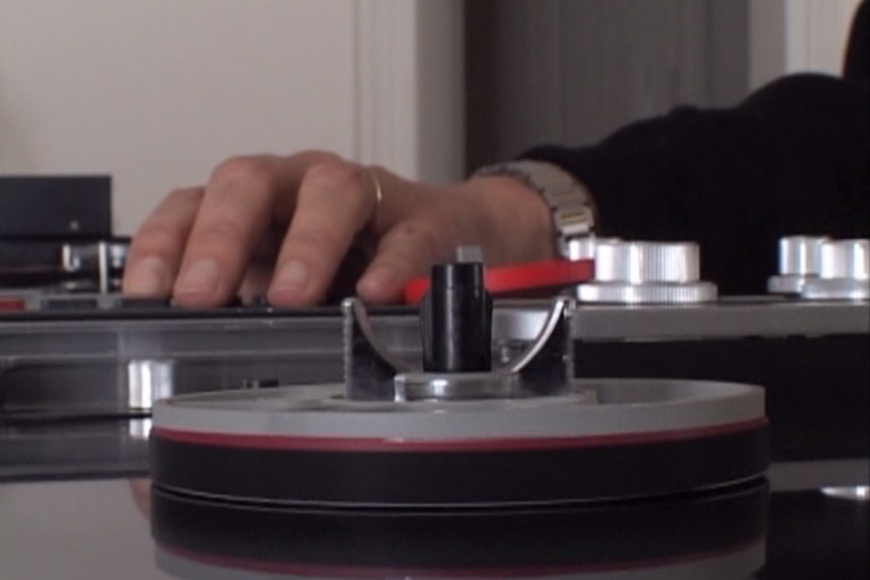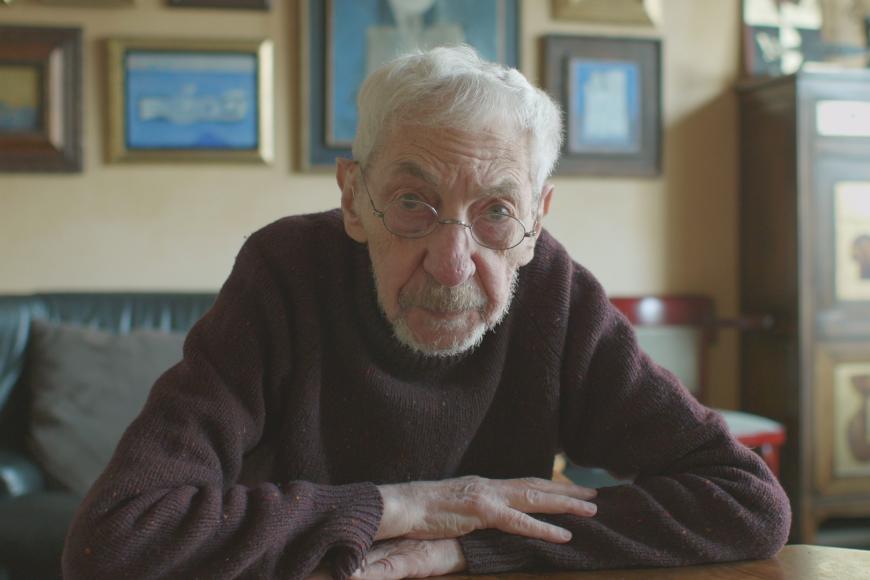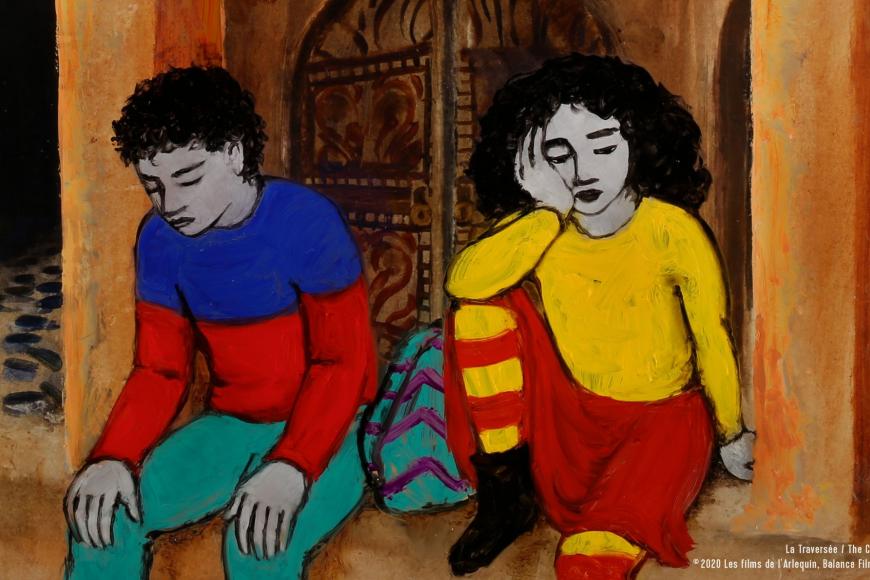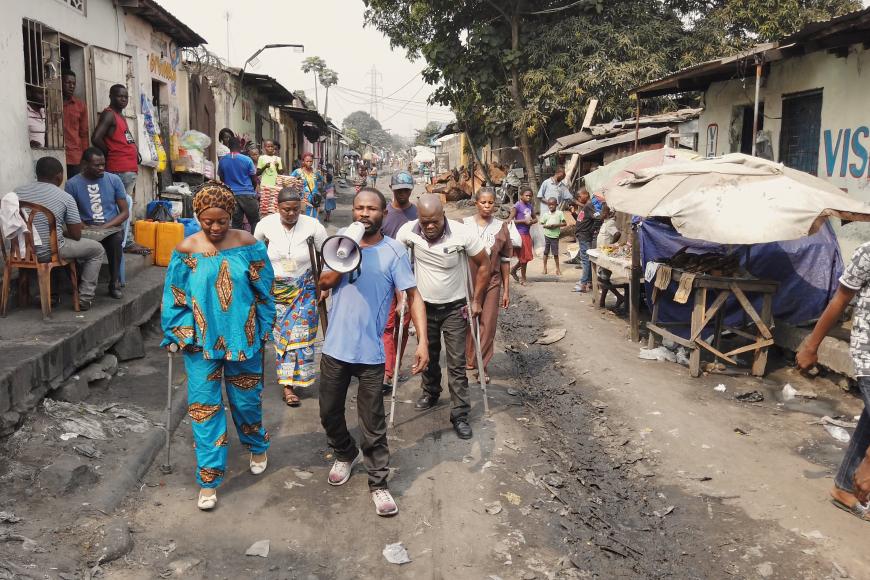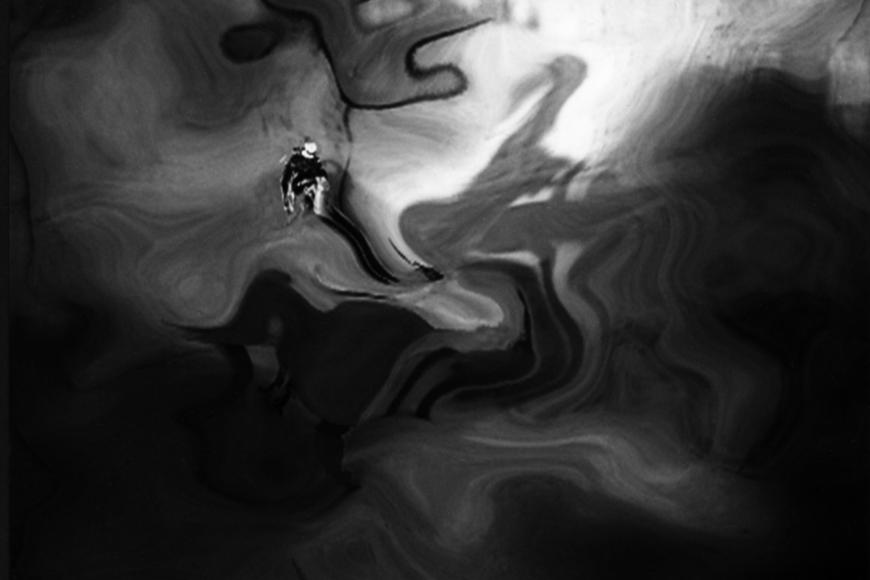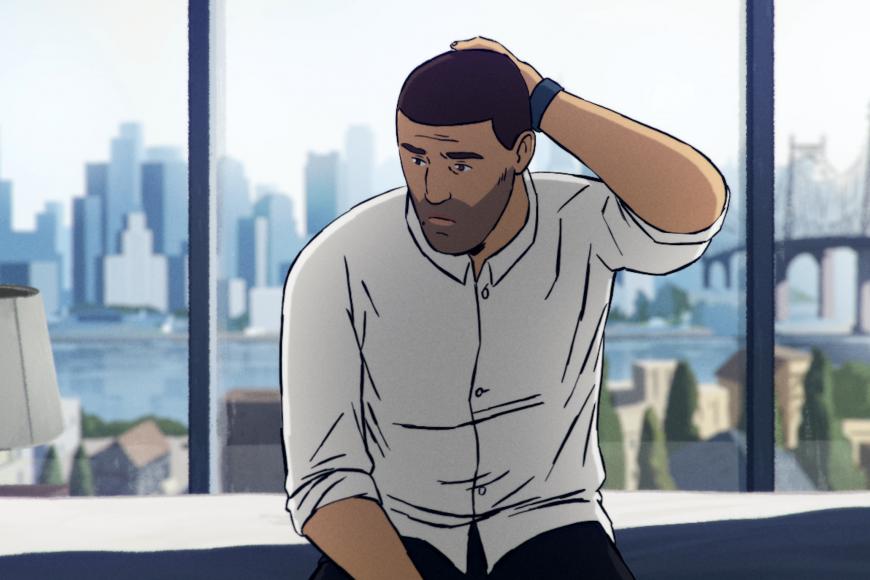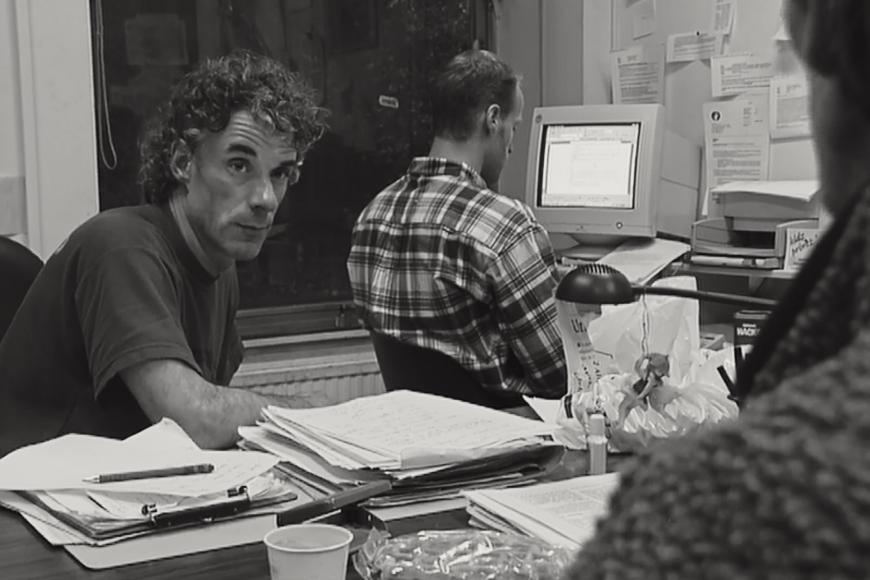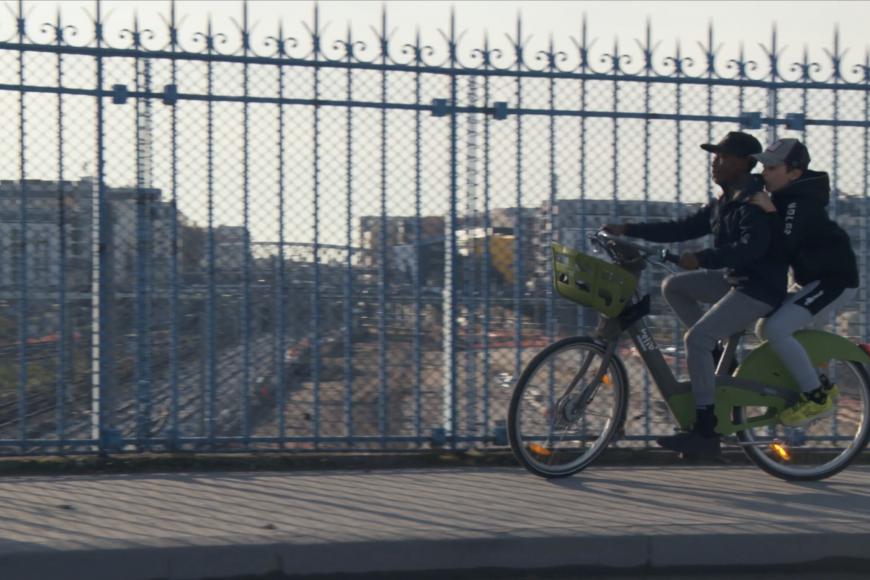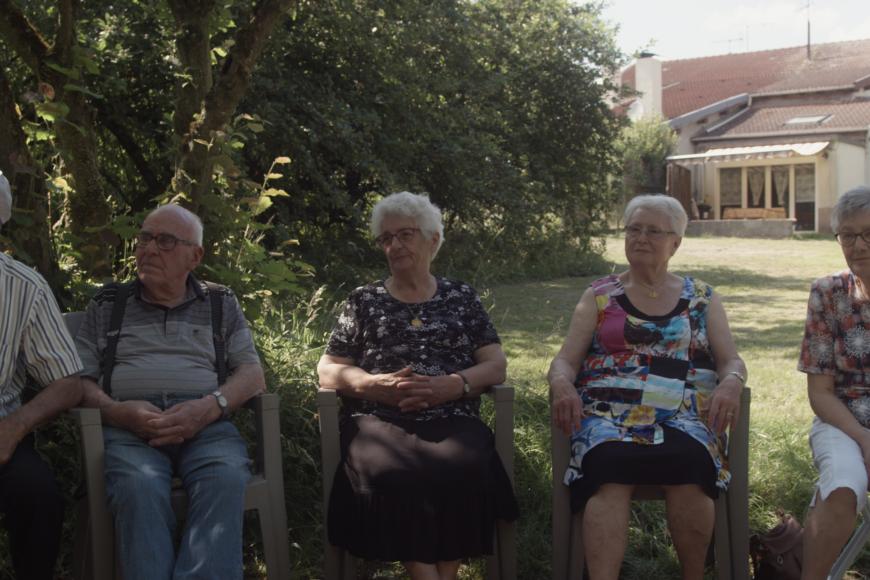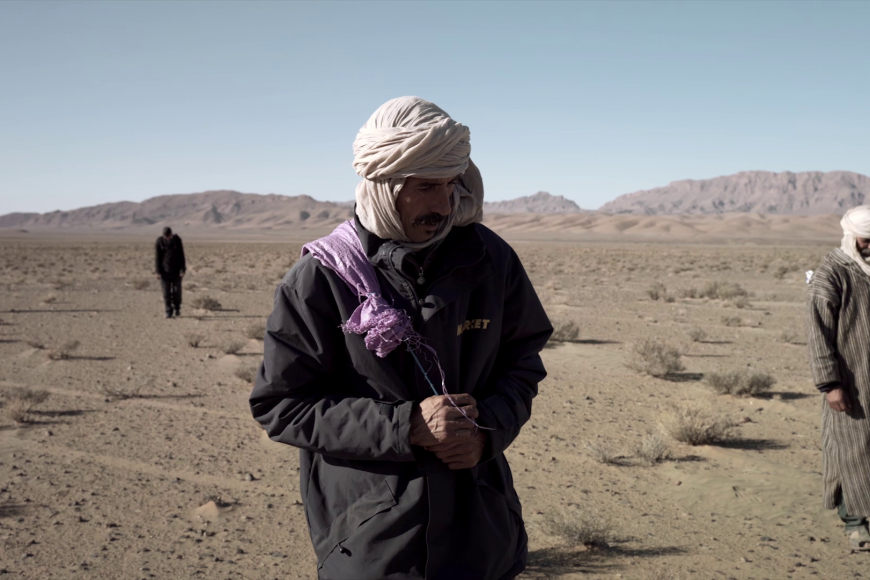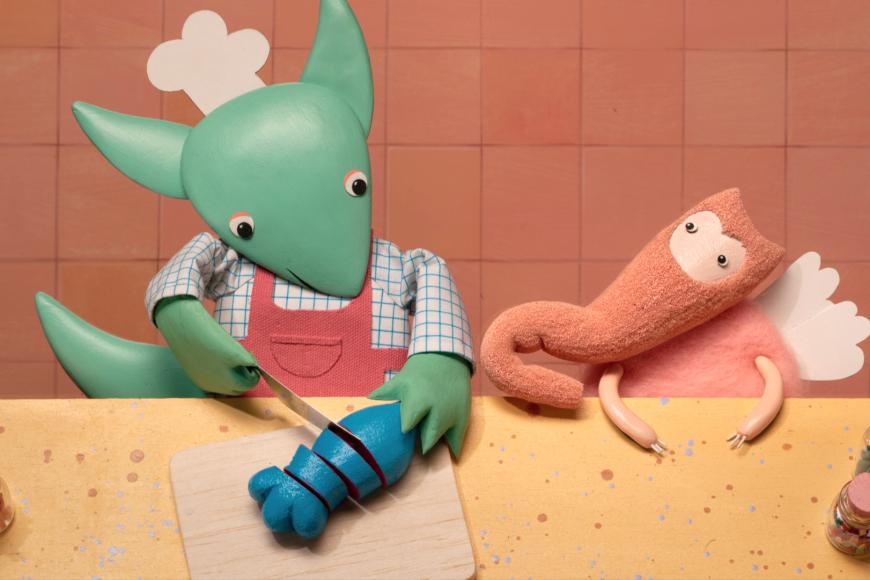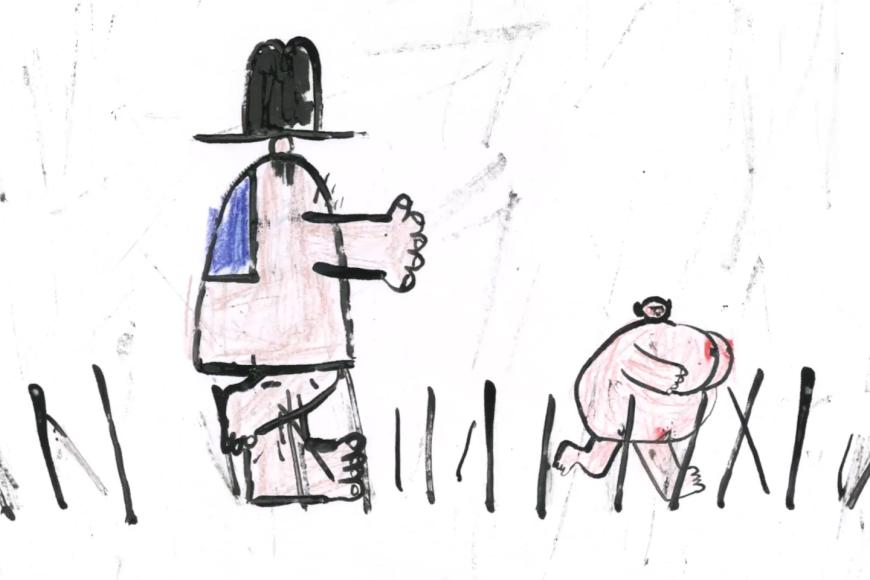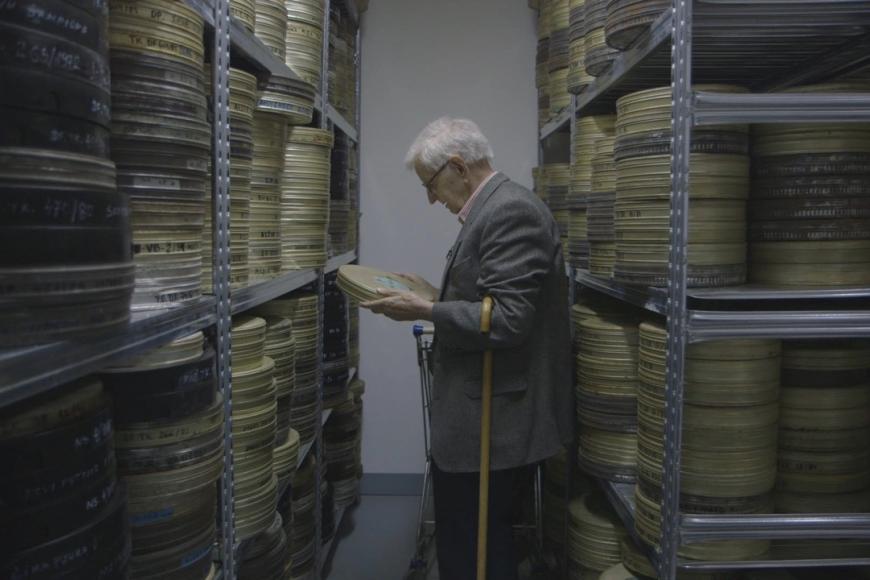
Ciné-Guerrillas: Scenes from the Labudović Reels
What do the Algerian war of liberation and Yugoslavia have in common? Stevan Labudović. In 1959, Tito himself sent his favourite cinematographer to Algeria. The resistance against the French colonial rule needed the eyes of the world, and the experienced partisan Labudović helped open them: His images gave the lie to the propaganda of the occupiers and their Western allies. This is a portrait of the man, the mission and the age – as film, ideological and personal history.

